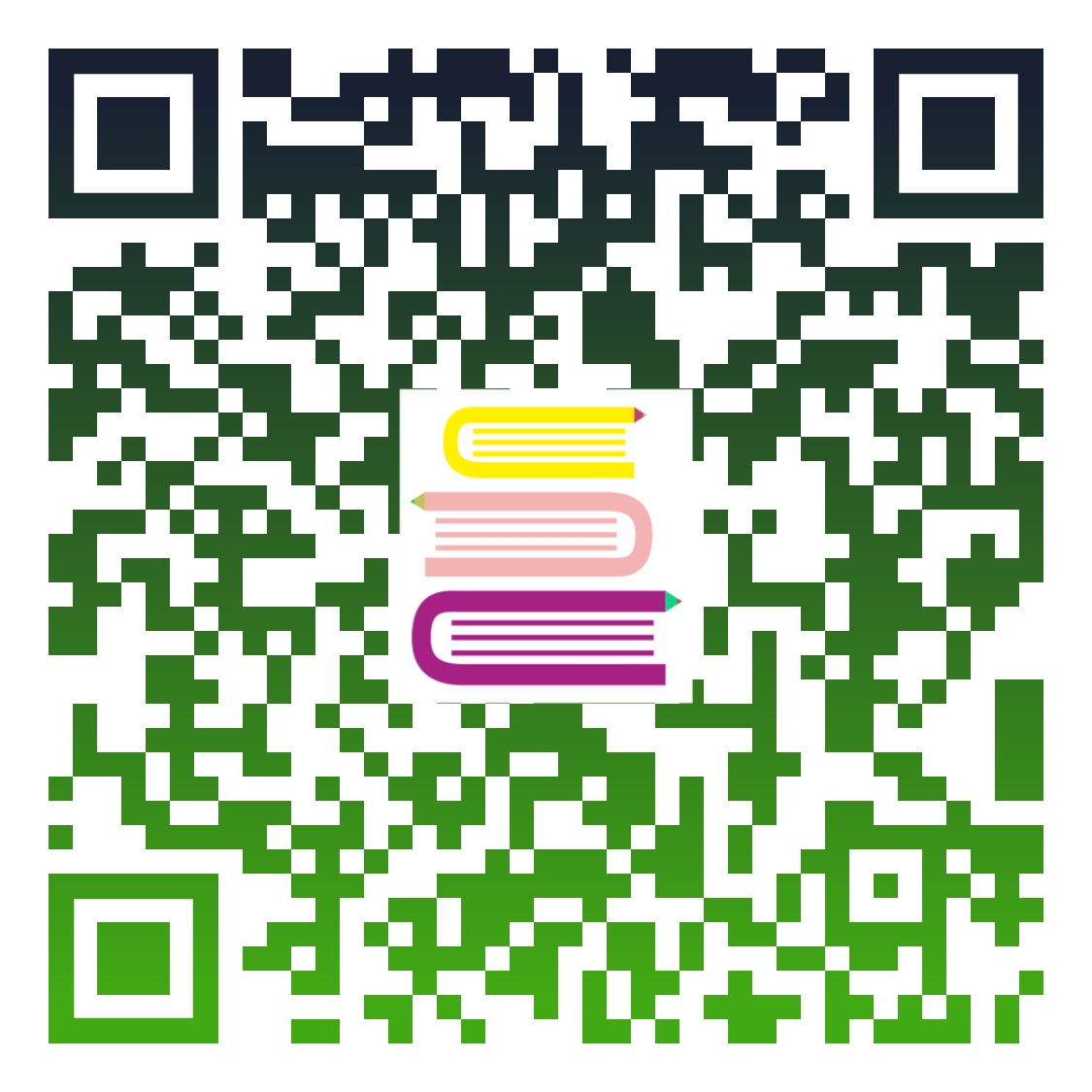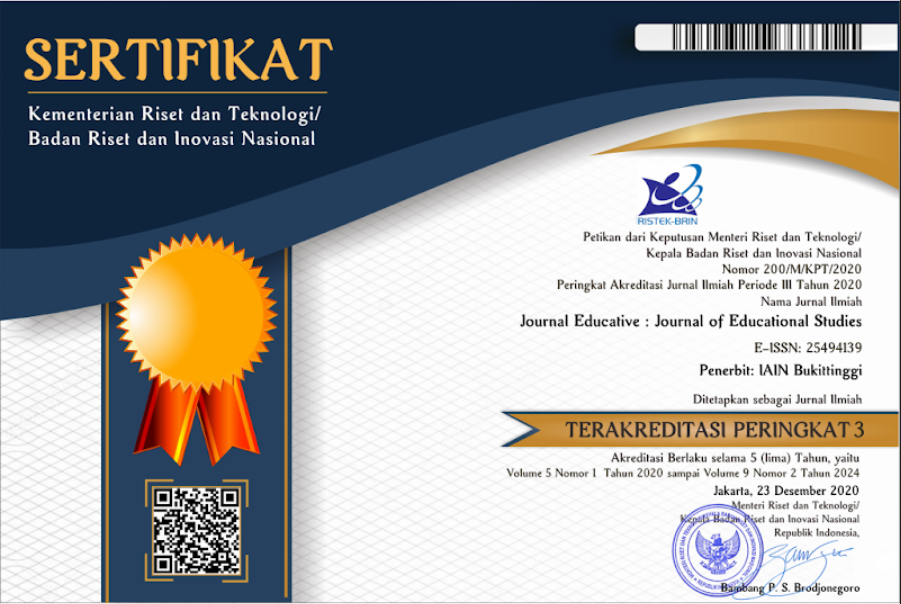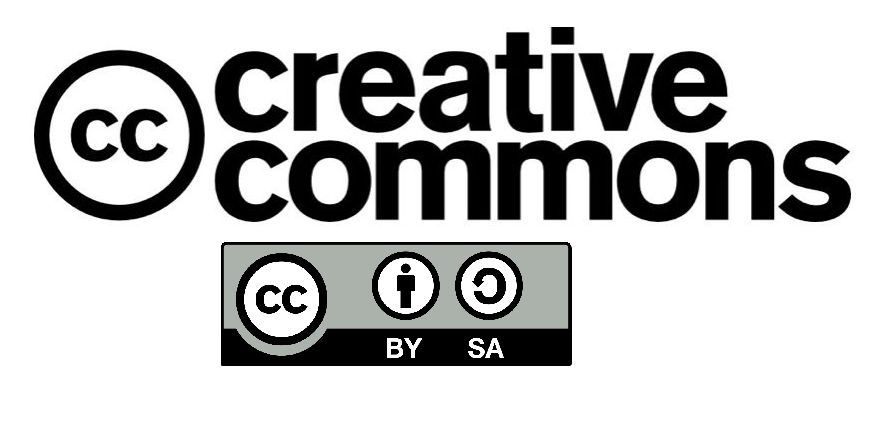Students’ Perceptions Regarding Culturally Sensitive Classrooms: A Case Study of Delhi Schools
Authors :
Abstract
India is known for its motto of unity in diversity. Delhi classrooms are mirrors of this diversity. The researchers, being in the capacity of teachers and educators, received regular feedback from trainee teachers regarding the classroom environment of secondary schools in Delhi. During those feedback sessions and in submitted reports on reflections, there were frequent entries on cultural alienation and cultural clashes. These entries forced the researchers to study the status of cultural sensitivity in secondary classrooms in Delhi. The study discusses the perceptions of students regarding their own cultural identity, their peers’ cultural identity, and shared experiences of cultural alienation, bullying, or conflicts in their classrooms. The study also discusses students’ expectations of their teachers in creating culturally sensitive classrooms. This is a descriptive study. Ex post-facto survey design was chosen for the study of culturally sensitive classrooms. The sample consists of 445 students in 12 schools in Delhi (five public and seven private). The self-prepared questionnaire for students called the Cultural Sensitivity Questionnaire for Students (CSQS) with CVR 0.68 was used as the tool. The study concluded that cultural alienation, bullying, and conflicts occur because of mutual ignorance of each other’s culture.
Keywords
Full Text:
PDFReferences
Ben-Peretz, M., Eilam, B., & Yankelevich, E. (2013). Classroom management in multicultural classes in an immigrant country: the case of Israel. In Handbook of classroom management (pp. 1131-1150). Routledge.
Barrett, R. K , Terrell, F. R. A. N. C. I. S., Taylor, J. E. R. O. M. E., Menzise, J. E. F. F. E. R. Y., & (2009). Cultural mistrust. Handbook of african american psychology, 299-309.
Coelho, E. (1994). Learning together in the multicultural classroom. Portsmouth, NH.
Coelho, E. (1998). Teaching and learning in multicultural schools: An integrated approach (Vol. 13). Multilingual Matters.
den Brok, P., & Levy, J. (2005). Teacher–student relationships in multicultural classes: Reviewing the past, preparing the future. International Journal of Educational Research, 43(1-2), 72-88.
den Brok, P., Levy, J., Wubbels, T., & Rodriguez, M. (2003). Cultural influences on students’ perceptions of videotaped lessons. International Journal of Intercultural Relations, 27(3), 355-374.
Den Brok, P., van Eerde, D., & Hajer, M. (2010). Classroom interaction studies as a source for teacher competencies: the use of case studies with multiple instruments for studying teacher competencies in multicultural classes. Teachers and Teaching: theory and practice, 16(6), 717-733.
García, E. E., & García, E. E. (1994). Understanding and meeting the challenge of student cultural diversity. Houghton Mifflin.
Gay, G. (2018). Culturally responsive teaching: Theory, research, and practice. Teachers college press.
Haan, M. D., & Elbers, E. (2005). Peer tutoring in a multiethnic classroom in the Netherlands: A multiperspective analysis of diversity. Comparative education review, 49(3), 365-388.
Hajer, M. (2003). Kleurrijke gesprekken. Interactie in een multiculturele school.
Hajer, M., Leeman, Y., & Van Nijnatten, C. (2002). Interactie in de multiculturele klas: Inleiding op het themadeel. Pedagogiek, 22(2), 125-130.
Hollins, E. R. (1999). Relating ethnic and racial identity development to teaching. In Racial and ethnic identity in school practices (pp. 193-204). Routledge.
Huntington, S. P. (1993). The clash of civilizations. Foreign affairs, 72(3), 22-49..
Ladson-Billings, G. (1995). Toward a theory of culturally relevant pedagogy. American educational research journal, 32(3), 465-491.
Ladson-Billings, G. (2004). New directions in multicultural education. Handbook of research on multicultural education, 2, 50-65.
LeBaron, M. (2003). Bridging cultural conflicts: A new approach for a changing world. Jossey-Bass.
Livesey, C. (2004). Culture and identity, sociological pathways. Retrieved in September from< http://www. sociology. org. uk/pathway2. htm.
Lustig, M. W. (2010). Intercultural competence: Interpersonal communication across cultures. Pearson Education.
Radstake, H. (2009). Teaching in diversity: teachers and pupils about tense situations in ethnically heterogeneous classes. Antwerp/Apeldoorn: Garant.
Sanchez-Burks, J., Nisbett, R. E., & Ybarra, O. (2000). Cultural styles, relationship schemas, and prejudice against out-groups. Journal of personality and social psychology, 79(2), 174.
Tielman, K., den Brok, P., Bolhuis, S., & Vallejo, B. (2012). Collaborative learning in multicultural classrooms: a case study of Dutch senior secondary vocational education. Journal of Vocational Education & Training, 64(1), 103-118.
Tielman, K., den Brok, P., Bolhuis, S., & Vallejo, B. (2012). Collaborative learning in multicultural classrooms: a case study of Dutch senior secondary vocational education. Journal of Vocational Education & Training, 64(1), 103-118.
Tylor, E. B. (1871). Primitive culture: Researches into the development of mythology, philosophy, religion, art and custom (Vol. 2). J. Murray.
Wubbels, T., Den Brok, P., Veldman, I., & van Tartwijk, J. (2006). Teacher interpersonal competence for Dutch secondary multicultural classrooms. Teachers and Teaching: theory and practice, 12(4), 407-433.
DOI: http://dx.doi.org/10.30983/educative.v7i2.5926
Refbacks
- There are currently no refbacks.
Copyright (c) 2022 Geeta Pathak, Febria Sri Artika

This work is licensed under a Creative Commons Attribution-ShareAlike 4.0 International License.
_____________________________________________________________________
 | Jurnal Educative: Journal of Educational Studies |




